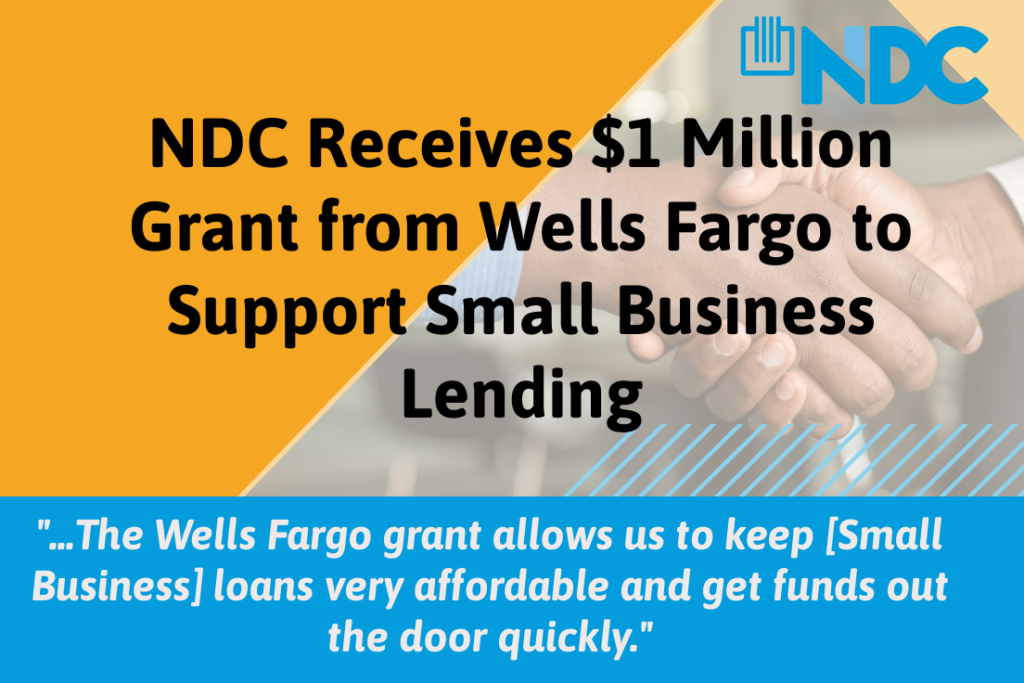Table of Contents
Large, Troubled Companies Got Bailout Money In Small ... in Davie-Florida
or You can expect to pay back $ per month Principal $ Interest $ Total Cost $ Well-established enterprises with high annual revenues are most likely to qualify for business loans of $1 million or higher. To find more lenders and learn about your other financing options, check out our business loans guide.
Probably not. Even business loans for startups typically stop well under $1 million. Instead, you might want to tap into other resources like crowdfunding, investors or grants. It’s possible, though it might not be cheap or easy to find a lender willing to offer that amount. Typically, you need good or excellent credit to qualify for the most competitive rates on large loans.
Are there unsecured $1 million business loans?
How Do I Get A Small Business Loan With Bank Of America? in Pasadena-California

Whether you’re looking to expand operations or take on a new direction entirely, a $1 million business loan can help you jumpstart your next phase of growth. But before you can access funds, you’ll have to go through the application process. If you’re working with a bank or credit union, at a minimum, you’ll have to provide the following..
There are many different types of business loans. To understand which is the best one for you, first choose the amount and purpose of the loan, how soon you need it, how long it will take to repay, length of time you’ve been in business, its current financial shape, and the amount of collateral you have available.
Loans can be used for obtaining working capital, equipment or building purchases, remodels or construction, and in some cases, to refinance business debt. Other types of loans are merchant cash advances (loans based on on the volume of your business’ credit card transactions), professional practice loans (designed specifically for providers of professional services like healthcare, accounting, or engineering), and franchise startup loans.
Sba Loans For Your Startup - Entrepreneur in Vista-California

They can be used for a wide variety of purposes, but have generally strict qualifying requirements, additional paperwork, extra fees, and take longer for approval. Bank loans or lines of credit are the traditional way to fund businesses, but since the Great Recession of the late aughts, getting approval has become more difficult.
However, repayment terms are generally shorter, and often include balloon payments of the outstanding principal sum, interest-only having been paid until then. Alternative lenders have gradually become pervasive in the lending marketplace, offering loans to startups and small businesses with less than stellar credit history. Their approval requirements are considerably less stringent than for the two previous types of loans, applications are typically fully completed online, approval decisions are quick, and funding can arrive in less than five business days.
Purchasing commercial property to either set up a new facility (a store, office or warehouse, for example) or to expand an existing one is often a major commitment for a small business, one that is usually financed by a commercial real estate loan. Your business’s access to this kind of loan — which in some respects resembles a residential mortgage for business property — depends on several factors that vary according to the loan source.
Man Sentenced For Defrauding Nearly 1700 Victims In $1 ... in Ventura-California
Commercial real estate loans are generally used to purchase or renovate commercial property. Lenders usually require that the property be owner-occupied, meaning that your business will have to occupy at least 51% of the building. To get a commercial real estate loan, you’ll need to decide on the type of commercial loan you need — depending on the property and business — and then narrow down your lender options.
These requirements likely pertain to your business’s finances, your personal finances and the property’s characteristics. Typically, commercial real estate loans require a lot of scrutiny — small businesses are considered risky, and many don’t end up succeeding. Banks and commercial lenders will need to look over your books to verify that your business has the cash flow necessary to repay the loan.
A ratio of 1. 25 or greater is a typical requirement. For example, if your business is debt-free and applies for a $100,000 commercial real estate loan, the lender will want to see that you generate a NOI of at least $125,000. The lender will also check your business’s credit score to gauge your access to a commercial loan and the terms — interest rate, payback period, down payment requirement — that will apply.
24 Ways To Fund Your Business - Propeller in Corpus-Christi-Texas
/cloudfront-us-east-1.images.arcpublishing.com/pmn/775MC2UFPRAPPEMSAX5DVSX57Q.jpg)
Your small business should be structured as a business entity, like a limited liability company or an S corporation. A real estate loan to a sole proprietorship would be considered personal rather than commercial, which would put your personal wealth at risk if you default on the loan. Small companies are usually controlled by an owner or a few partners.
Table of Contents
Latest Posts
Buy Best Heart Rate Monitors Of 2023 - Popular Science in LA - limited period only
Buy The 1 Thing That Will Make Every Workout More Effective in TEXAS - limited period only
Best Polar Heart Rate Monitor - H10 Vs H9 Vs Verity Sense now available in LA
Navigation
Latest Posts
Buy Best Heart Rate Monitors Of 2023 - Popular Science in LA - limited period only
Buy The 1 Thing That Will Make Every Workout More Effective in TEXAS - limited period only
Best Polar Heart Rate Monitor - H10 Vs H9 Vs Verity Sense now available in LA